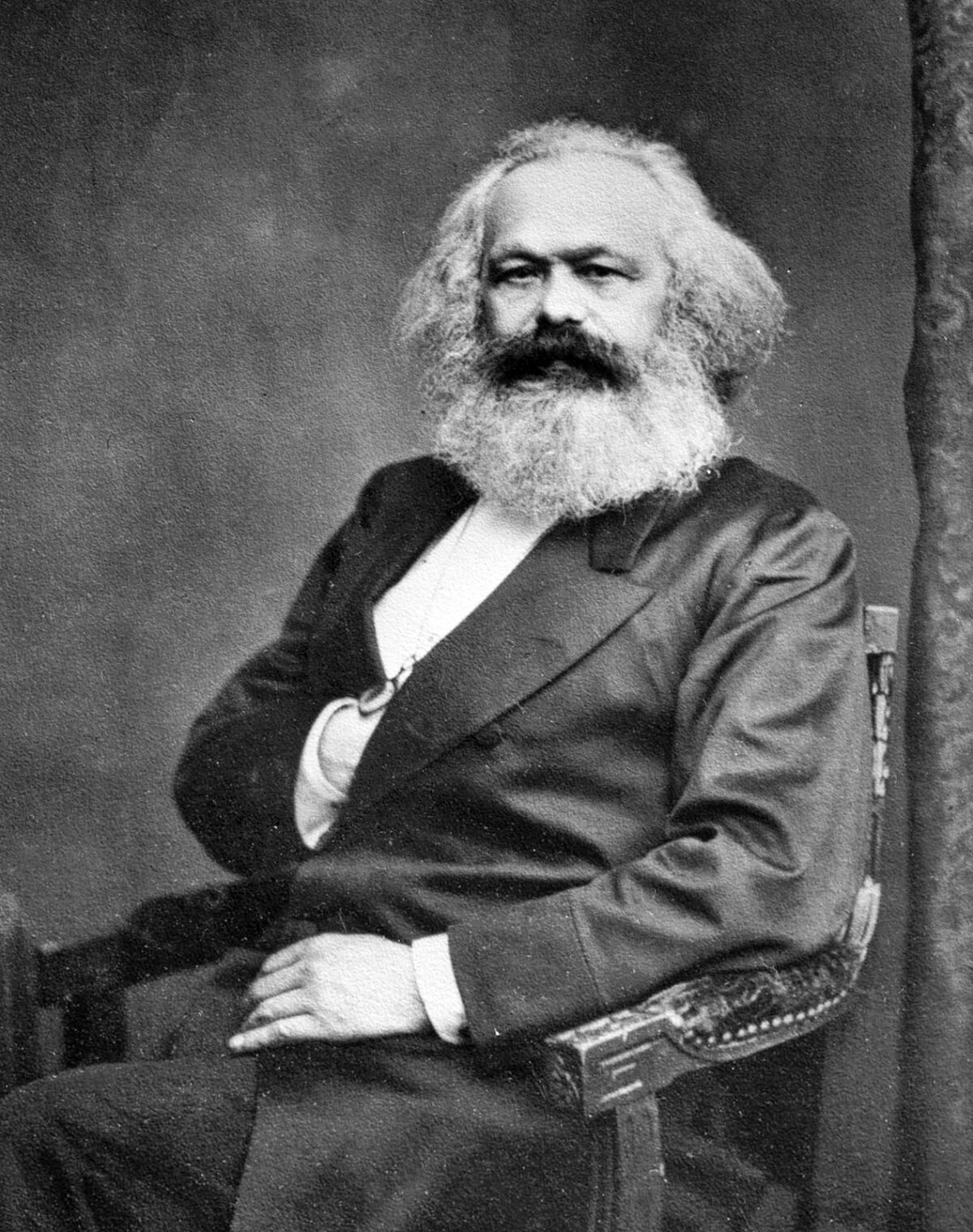Karl Marx was a thinker whose theories about capitalism were revolutionary. Yet he was not a revolutionary activist.
Marx’s Jewish background was common knowledge, but he never referred to it publicly. Yet he wrote “On the Jewish Question,” a controversial essay in which he advocated equal rights for Jews while defaming Judaism.
Shlomo Avineri, a leading authority on Marx, raises these revealing disconnections in his rigorous yet accessible book, Karl Marx: Philosophy and Revolution, the latest addition to Yale University Press’ Jewish Lives series.
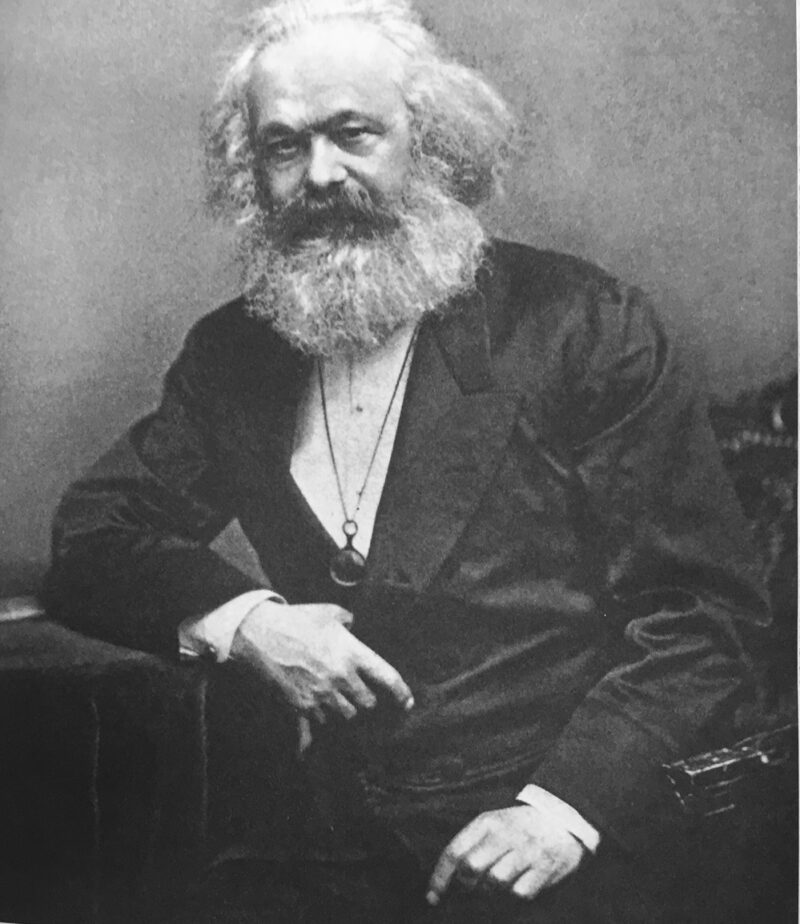
Avineri’s work, though relatively brief at 217 pages, covers a great deal of ground and will appeal to readers interested in both intellectual and Jewish history.
The grandson of two rabbis, Marx was born in 1818 in Trier, a city in the Rhineland which just had been annexed by the kingdom of Prussia. During the First Crusade, the Jews of Rhineland were the victims of the first massive antisemitic riots in western Europe. But when France annexed the Rhineland, the Jewish population was given full citizenship, only to lose it in the wake of Napoleon’s defeat in 1815.
Within one generation, as Avineri noters, Rhenish Jews were granted emancipation and then denied it.
The Prussian government decreed that Jewish civil servants and lawyers could only retain their jobs if they converted to Christianity. Marx’s father, Heinrich, reluctantly complied. His brother, Samuel, remained true to Judaism and became Trier’s chief rabbi.
When Marx was born, Heinrich was already a convert. His wife, Henriette, refused to follow his path. But after the death of her father, a rabbi in the Netherlands, she, too, converted. It was at this juncture that Marx was baptized.
Conversion was not uncommon during this period. As Avineri points out, Henriette’s sister was married to a Dutch industrialist, Lion Phillips, who converted to Christianity. He was the founder of the Phillips conglomerate.
After graduating from a local gymnasium, Marx enrolled in the University of Bonn’s law school. The following year, he transferred to Berlin University, where one of his teachers, Eduard Gans — a convert to Lutheranism — introduced him to the philosophy of Friedrich Engels.
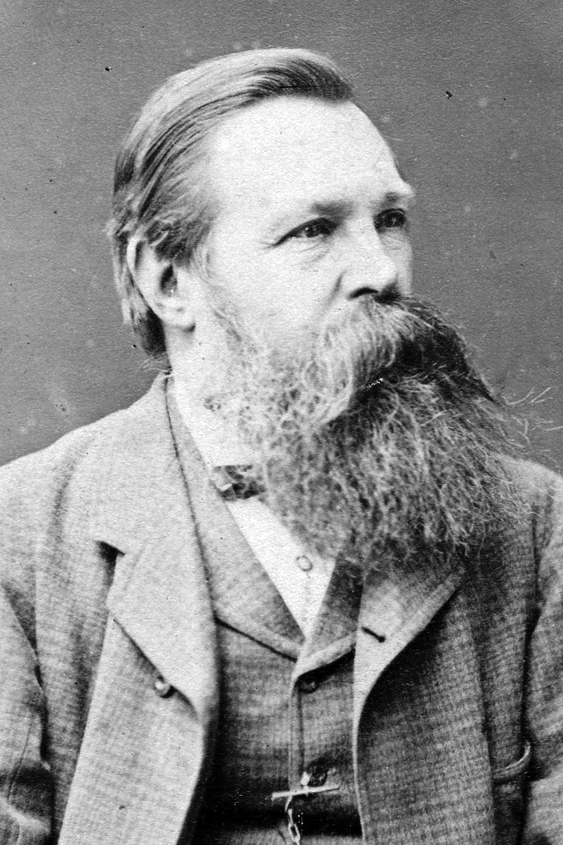
Several years would elapse before Marx finally met Engels, who would be his lifelong friend and collaborator. After Marx died, Engels codified his ideas into the doctrine of Marxism and was instrumental in disseminating his works to a wider public. Marx’s fame was largely posthumous, as Avneri reminds a reader.
Marx presented his PhD dissertation in modern philosophy to the University of Jena, which awarded him a doctorate. Rather than becoming an academic, he drifted into journalism, contributing articles to a newly-established liberal newspaper in Trier that was soon closed by the authorities. Several months after its closure, he married his fiancé, Jenny von Westphalen, who was highly educated and well-read.
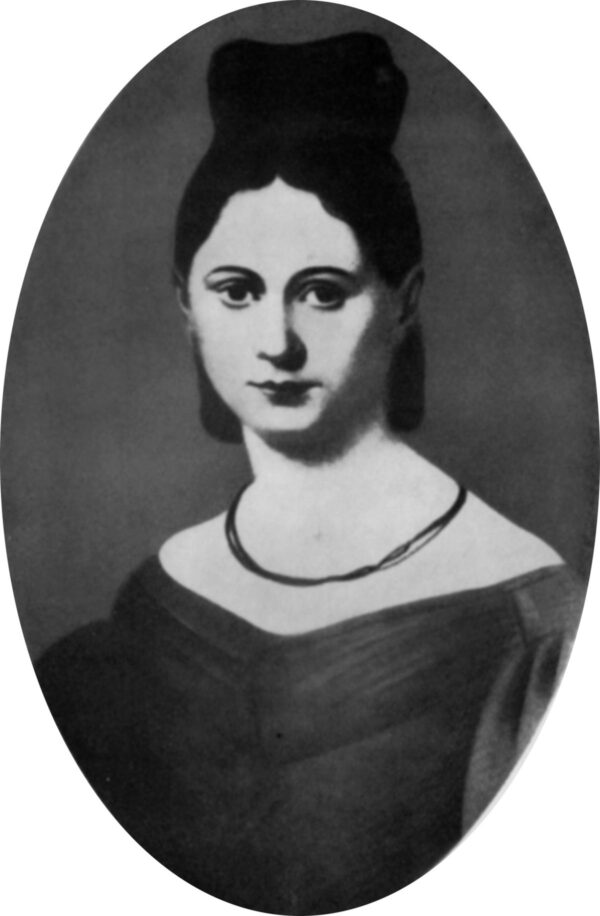
He and his wife left Prussia in 1843 and settled in Paris. Expelled from France, they moved to Belgium in 1845. Having attempted in vain to immigrate to the United States, he went to Britain, but the British government would reject his application for citizenship.
Marx was a brilliant polemicist, but not a pleasant or accommodating person, which, in Avineri’s view, accounts for the fact that he did not endear himself to his colleagues in the socialist movement. As a result, Marx had “little impact on social and political developments” during his life.
Having neither a fixed job nor a steady source of income during the 1840s, he was dependent on his wife’s dowry and handouts from friends. One of his benefactors, Ferdinand Lassalle, helped him several times. “These years were a constant struggle for sheer survival, which took its toll on the family,” says Avineri, adding that he had to borrow money for the funeral of one of his children, and that he barely avoided being thrown into debtor’s prison.
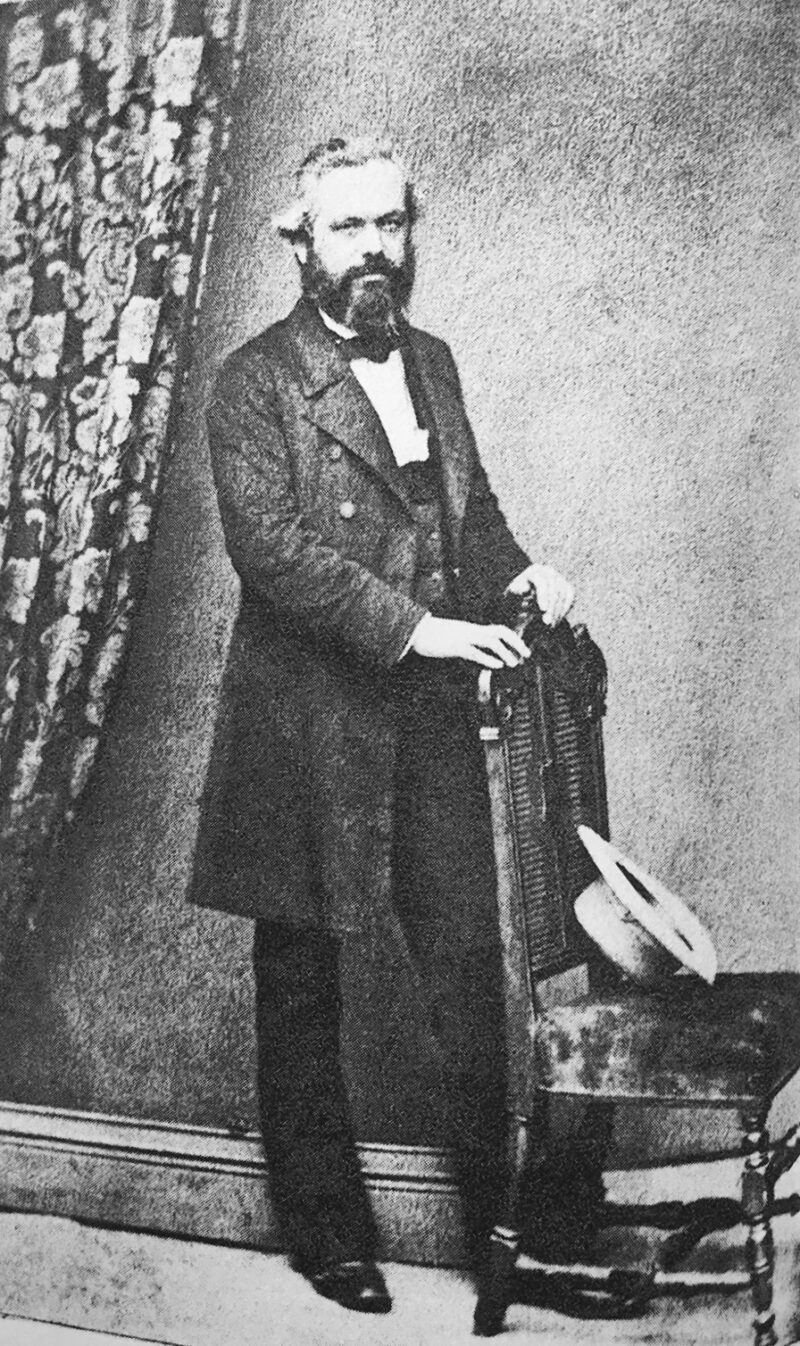
Toward the mid-1850s, Marx’s financial situation gradually improved. He established himself as a freelance commentator on current affairs, writing for European and American journals and newspapers. He and his wife inherited considerable sums of money from relatives. And Engels contributed to his nest egg.
Marx was a prolific writer. One of his most contentious pieces, “On the Jewish Question,” was a critique of Bruno Bauer’s tract on Jewish emancipation. Bauer had written that so long as Jews do not completely assimilate into Christian societies, they should not be granted equal rights. Considering his position offensive, Marx criticized Bauer for having failed to free himself from his anti-Jewish prejudices and supported the emancipation of Jews unequivocally.
However, in the second part of his essay, Marx expressed extremely harsh views of Judaism and identified it with capitalism. “What is the secular cult of Jews?” he asked. “Huckstering. What is his secular God? Money … The bill of exchange is the real God of the Jew.”
Had Marx published only the first segment of the essay, he would have been remembered as a champion of Jewish emancipation, says Avineri, a retired professor of political science at the Hebrew University of Jerusalem. But due to the toxic nature of the second part, he has gained a reputation as a “hater of Jews.”
Shortly afterward, Marx turned his energies toward writing The Communist Manifesto, which Avineri describes as an amalgam of “profound historical analysis” and “powerful rhetoric.”
He adds, “It is a bravura performance, with lapidary slogans that have echoed across generations and continents: ‘All history is the history of the class struggle.’ ‘The proletariat has nothing to lose but its chains.’ ‘Workers of all countries — unite.”
Despite its eventual importance, it barely left an impression, having had very little impact on the dramatic developments of the European revolutions of 1848 and 1849.
As Avineri states, this revolutionary era was the only instance during which Marx directly participated in revolutionary activity. He did so as an editor and journalist and through his leadership roles in the League of Communists, a significant player in these upheavals.
In Avineri’s view, Marx’s writings changed after the failures of these revolutions. Prior to 1848, they were either treatises of the existing political order, polemics against fellow radicals and attempts to lay the foundations of his economic beliefs. After 1848, he focused on studying developments in France and Germany and trying to understand why these revolutions fizzled.
And so he produced two pamphlets — “The Class Struggles of France, 1848-1850” and “The Eighteenth Brumaire of Louis Bonapartre,” both of which appeared in marginal publications and had no ripple effect. The second pamphlet, though, is best remembered for a pithy statement in the opening paragraph: “all great incidents and individuals of world history occur twice — the first time as tragedy, the second as farce.”
Marx’s magnum opus, Das Kapital, a dialectical critique of modern capitalism and an exhortative call for a workers’ revolution, was intended to be a six-volume work. But since he was obliged to write almost weekly news reports for The New York Daily Tribune, he was unable to finish Das Kapital, leaving the task to the ever-reliable Engels.
According to Avineri, the significance of Das Kapital was that it gave the working-class movement “a canonical text that presented the socialist case in a learned and theoretical way, beyond mere rhetoric and propaganda.”
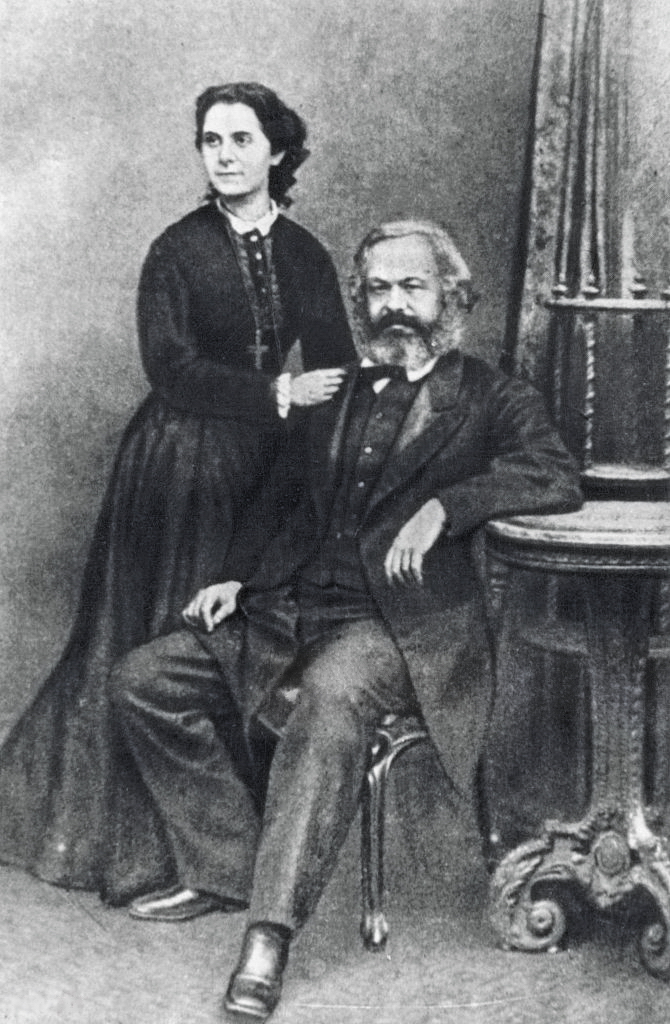
Marx’s three daughters — Jenny, Laura and Eleanor — were doubtless influenced by it. They were drawn to left-wing politics and found husbands or partners who were socialists.
Avineri says that Marx grappled with an assortment of medical ailments from boils and stomach cramps to heavy coughs and partial paralysis on one side of his body. In all probability, he concludes, Marx suffered from tuberculosis. Advised by doctors to visit spas on the European continent, he and his wife were constant travellers in the final years of their lives.
Jenny Marx died of cancer in 1881, but the ailing Marx was unable to attend her funeral. Shortly afterward, his eldest daughter of 40 was also felled by cancer, and he never recovered from the grief. Marx died two months later at his home in Hampstead, a suburb of London. He was buried at Highgate cemetery next to his wife. Eleven people showed up at his funeral.
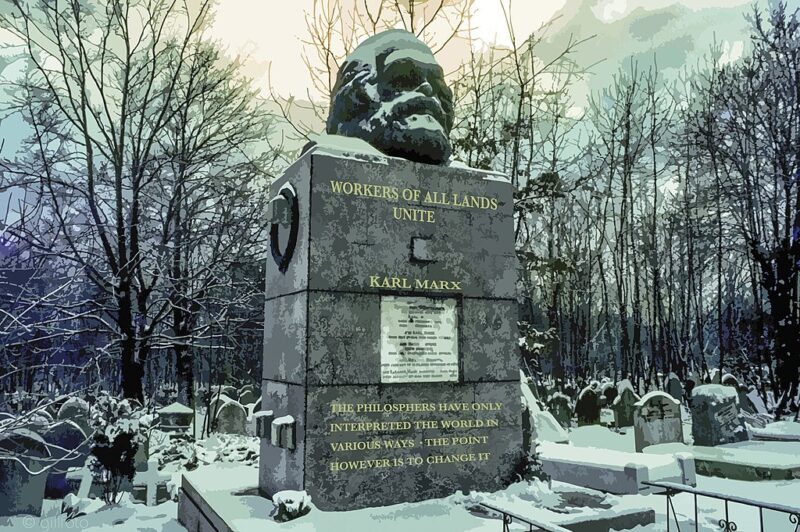
In assessing Marx’s impact, Avineri says that while he erred in predicting the downfall of capitalism, he was successful in calling attention to the gross deficiencies of unbridled free market capitalism. Far-sighted politicians who took him seriously reformed and adjusted their local versions of the capitalist economy, thereby saving it.
Avineri gives Marx credit for having revolutionized historical, social, cultural and economic research. “Since Marx, one cannot write history without acknowledging and researching the links between economic issues and political structures,” he says.
It would be fair to say that this is probably Marx’s lasting legacy.
